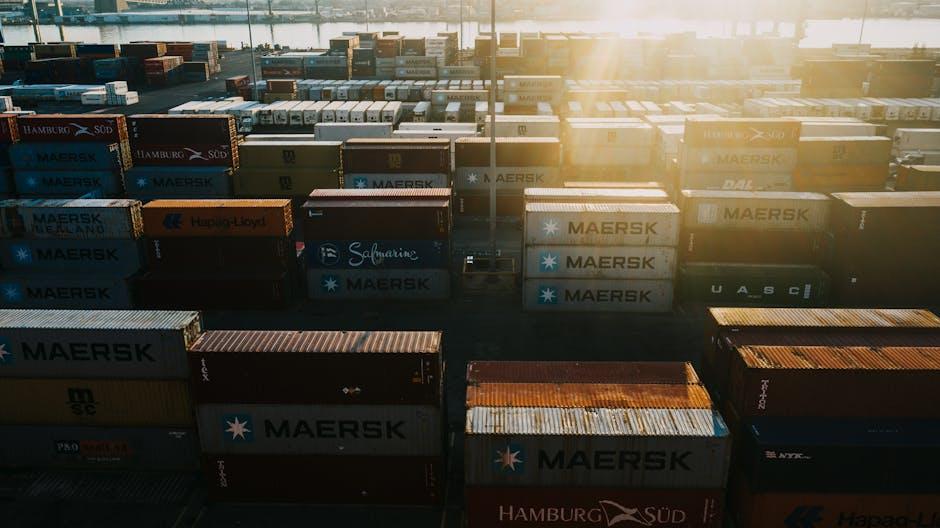AI-Fakes Detection Is Failing Voters in the Global South
Artificial intelligence has enjoyed significant advancements in recent years, revolutionizing various industries and transforming the way we live and work. From healthcare to finance, AI has proven to be an invaluable tool that can streamline processes, enhance productivity, and improve decision-making. However, in one critical area, AI is currently failing to live up to its potential: the detection of AI-generated fake content, particularly in the global south.
Fake news and misinformation have become widespread in today’s digital age, posing significant threats to democratic processes across the globe. In the global south, where internet penetration is rapidly expanding and social media usage is on the rise, the spread of misleading information is a growing concern. Unfortunately, the sophisticated AI algorithms used to detect fake news often overlook the unique challenges faced by individuals in these regions.
One of the major obstacles faced in the global south is the linguistic diversity and the prevalence of low-resource languages. Many AI models designed to detect fake content are primarily trained on data from western languages, such as English. Consequently, these models struggle to effectively analyze and identify fake news in languages with limited available data. This limitation leaves vulnerable populations in the global south exposed to the risks of spreading misinformation that can have severe political and social impacts, undermining democracy.
Another issue that hinders the detection of AI-generated fake content in the global south is the lack of cultural context. AI models often fail to consider cultural nuances, resulting in the misinterpretation of legitimate content or false identification of fake news. In diverse regions like Africa, Asia, and Latin America, where political, social, and cultural contexts greatly differ, AI algorithms designed for western societies can easily misinterpret or miss entirely the subtleties and complexities specific to these regions.
Furthermore, the socioeconomic disparities prevalent in the global south play a significant role in the spread of fake news. In these regions, access to quality education and digital literacy may be limited, making individuals more susceptible to believing and sharing misleading information. While AI tools can help detect fake news, there is a lack of resources and specific interventions targeting these underserved communities to ensure they have access to accurate education and tools to verify information.
To address these challenges, AI developers and researchers must invest more resources into training AI models on languages and cultural contexts specific to the global south. This could involve creating large, diverse datasets that include low-resource languages and incorporating more cultural context into the training process. By doing so, AI algorithms can become more robust in identifying and mitigating the risks associated with AI-generated fake content in these regions.
Moreover, governments and civil society organizations in the global south need to prioritize digital literacy programs and invest in accessible platforms that help users critically evaluate and verify information. Efforts must be made to bridge the digital divide, ensuring everyone has access to reliable information sources and the skills necessary to navigate the digital landscape safely.
while AI has made significant strides in various fields, it is failing to adequately detect AI-generated fake content in the global south. Addressing the challenges of linguistic diversity, cultural context, and socioeconomic disparities is crucial to safeguard democratic processes and protect vulnerable populations from the harmful effects of misinformation. By investing in research, training, and educational initiatives that consider the unique needs of the global south, we can create a safer digital environment for everyone, regardless of their location.

